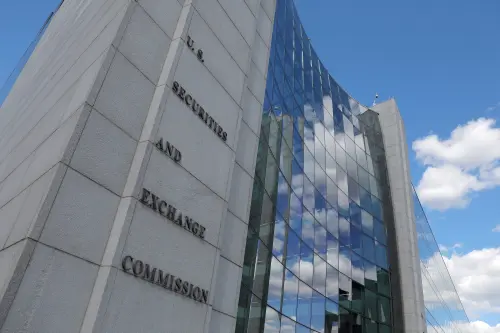On February 28, the U.S. Securities & Exchange Commission raised concerns about the SPDR SSGA Apollo IG Public & Private Credit ETF in a letter posted on its website the same day the ETF began trading. Brent Fields, associate director of the SEC's division of investment management, requested State Street Global Advisors to address "significant outstanding issues."
Amid what analysts described as an uncommon development, Fields refrained from further comments, and a SEC spokesperson declined to address queries regarding any specific issuer. State Street stated it will respond to the SEC's letter without elaborating further.
"This is a very unusual event," noted Todd Sohn, an ETF analyst at Strategas. "It's also very odd timing, given that the ETF has already launched and is trading."
The SEC expressed concerns about the fund's liquidity and State Street's adherence to SEC valuation regulations. Regulators also instructed State Street to remove Apollo Global Management from the ETF's name, deeming its inclusion misleading given Apollo's role.
Amrita Nandakumar, president of Vident Asset Management, remarked, "Nothing in the contents of the letter surprised me; we have been monitoring the questions they cited." She found the date of the letter astonishing.
The SEC's letter highlighted State Street's unresolved liquidity concerns. The ETF, offering exposure to private credit via privately issued bonds and loans, holds illiquid securities exceeding the SEC limit of 15%, with State Street relying on a liquidity commitment from Apollo Global Investors, allowing up to 35% investment in these instruments.
Morningstar's ETF analyst, Bryan Armour, emphasized the issue of exceeding illiquid securities limits as the most critical concern raised by the SEC. He noted the absence of potential penalties if State Street fails to promptly address the SEC's concerns, stating, "It's within the SEC's rights to order the ETF to stop trading."
